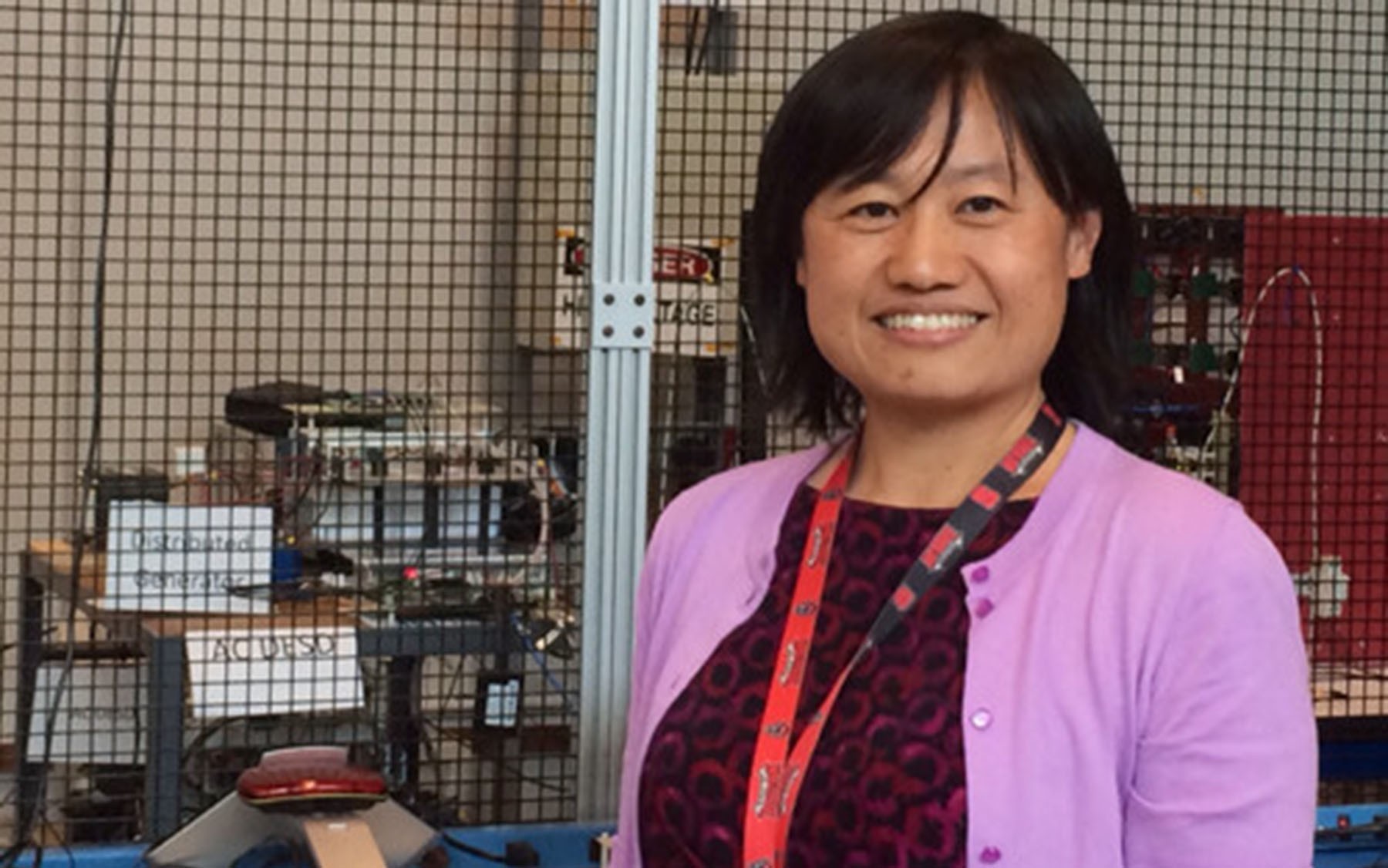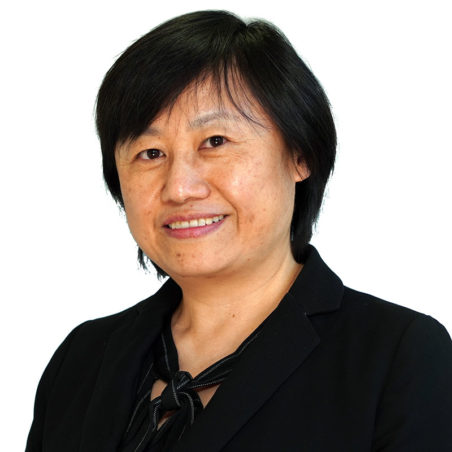
Lu Named Blessis Outstanding Undergraduate Advisor Award Recipient
Ning Lu, Professor in the ECE Department has been announced as the winner of this year’s George H. Blessis Outstanding Undergraduate Advisor Award, given by the College of Engineering at North Carolina State University. The award recognizes faculty mem …
December 6, 2023 ![]() Ren Shore
Ren Shore
Ning Lu, Professor in the ECE Department has been announced as the winner of this year’s George H. Blessis Outstanding Undergraduate Advisor Award, given by the College of Engineering at North Carolina State University.
The award recognizes faculty members who consistently and willingly give their time and effort to advising, counseling, and mentoring students and assisting student groups. It is also a continuing memorial to George H. Blessis, a faculty member whose interest in undergraduate education and advising serves as an example today.
Candidates are nominated by their department and are selected by the College of Engineering Teaching and Advising Awards Committee. The awardee receives $1,000 and a certificate and the recipient’s name is engraved on a permanent plaque displayed in the administrative building for the College of Engineering. The award will be presented at the Spring 2024 College of Engineering Faculty Meeting.
![]()
![]() We had the chance to sit down with Lu to talk about this immense honor.
We had the chance to sit down with Lu to talk about this immense honor.
RS: First of all, congratulations on being named this year’s winner of the George H. Blessis Outstanding Undergraduate Advisor Award. You’re joining an impressive list of winners! What was your reaction to hearing the news?
Lu: Oh, I am absolutely thrilled and deeply honored by this news! It’s truly an incredible recognition, and I couldn’t be more grateful. This award means a lot to me, especially because it highlights the importance of enhancing the research experience for undergraduate students, something I am truly passionate about and is the reason I started my academic career.
RS: There are probably as many teaching styles as there are teachers. How would you sum up your philosophy as a professor?
Lu: I worked for ten years in industry. So, at the core of my teaching philosophy is the commitment to providing students with more than just theoretical knowledge. I believe in immersing them in real-world experiences, allowing them to apply actual data and models to solve tangible problems relevant to their everyday lives. I am convinced that students comprehend and retain concepts more effectively when they understand their real-world implications. To emphasize the importance of renewable integration, I task students with projects involving the analysis of real home energy consumption data. By exploring scenarios like the introduction of rooftop PVs or electric vehicle charging loads, students not only acquire practical insights into these technologies but also comprehend their impact on reducing emissions. Additionally, they grasp the significance of energy storage in managing peak energy demand and filling valley loads.
RS: This award speaks pretty directly to your connection with your students. Why do you think your methods resonate with them so deeply?
Lu: I suppose that my teaching methods resonate with students because students can find value in engaging with projects centered around futuristic technologies. These include cleaner energy consumption, more sustainable energy supplies, and optimizing resource allocation through the application of artificial intelligence. These topics not only align with their interests but also provide them with practical skills applicable to their future careers. The tangible, real-world applications of the projects enhance their understanding and enthusiasm for the subject matter.
Ning Lu is an IEEE Fellow and has over 25 years of experience in electric power engineering. Her research interests include modeling and analysis of power system load behaviors, energy management systems development, renewable integration, microgrid modeling and control, real-time and faster-than-real-time large-scale co-simulation systems, and meter data analysis. She has authored or co-authored more than 150 publications, including journal articles, conference proceedings, patents, and technical reports.

